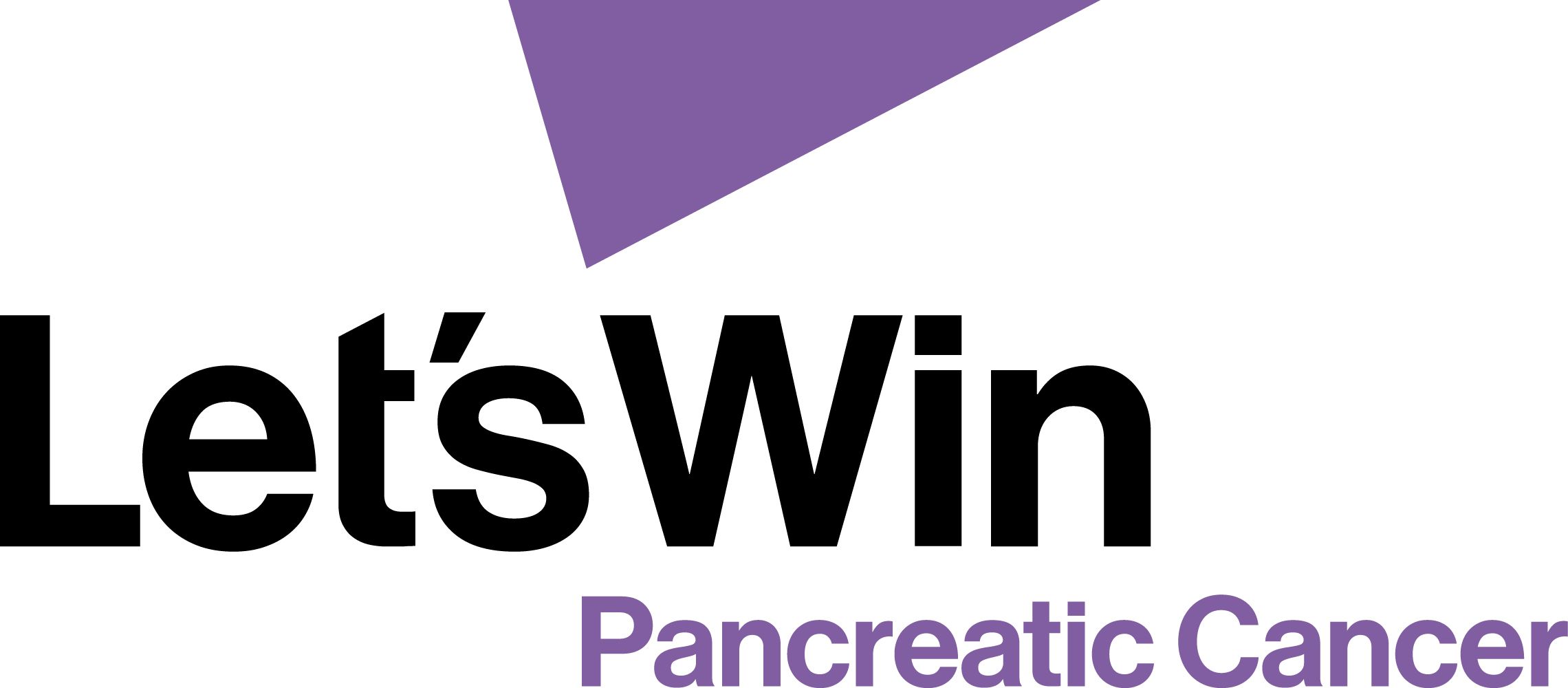- About Us
- Advertise / Support
- Editorial Board
- Contact Us
- CancerNetwork.com
- TargetedOnc.com
- OncLive.com
- OncNursingNews.com
- Terms & Conditions
- Privacy
- Do Not Sell My Information
- Washington My Health My Data
© 2025 MJH Life Sciences™ and CURE - Oncology & Cancer News for Patients & Caregivers. All rights reserved.
PRECEDE Trial Sets Survival Rate Goal
Improving survival outcomes for patients with pancreatic cancer is a complex task.
A better understanding of the basic biology of the disease and more effective treatments are both needed to raise the five-year survival rate beyond 12 percent.
A trial dubbed Pancreatic Cancer Early Detection (PRECEDE) has the seemingly lofty goal of increasing the five-year survival rate to 50 percent within the next 10 years.
“I don’t believe it’s a ‘pie-in-the-sky’ goal,” says gastrointestinal oncologist Raymond Wadlow, M.D., who serves as an investigator for the multi-site global study at Inova Schar Cancer Institute in Fairfax, Virginia. “There are a lot of really smart, really dedicated people working on this. So I truly think it’s an achievable goal.”
Like many physician-scientists researching pancreatic cancer, Wadlow has personal experience with the disease. His mother, former Virginia State Senator Emily Couric, died of advanced pancreatic cancer in October 2001. She was diagnosed in 2000 after experiencing vague abdominal symptoms. Wadlow had just gotten married and was doing his residency at the University of Pennsylvania (Philadelphia). “Perhaps it’s the way I’m built as an optimist or perhaps it was naïveté or some combination of both, but I thought my mother was going to beat this disease,” he says. “We were making progress in other cancers, and I thought considering the fact that she was relatively young, she was going to be okay. I was clearly wrong.”
Related Content:




